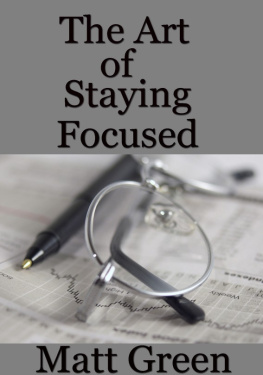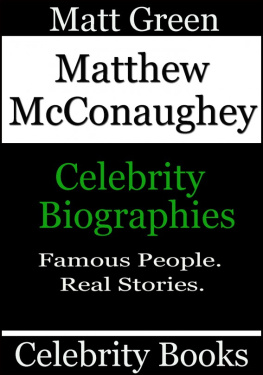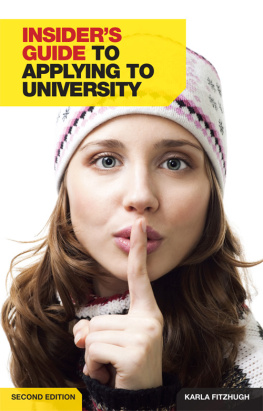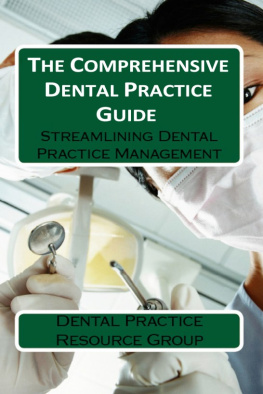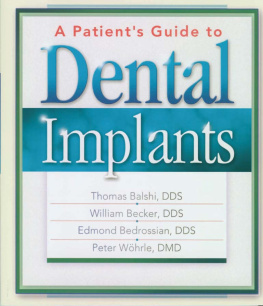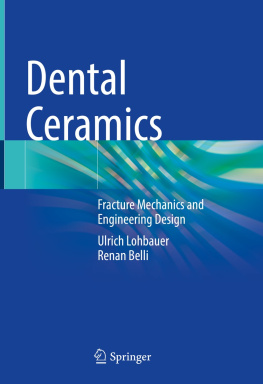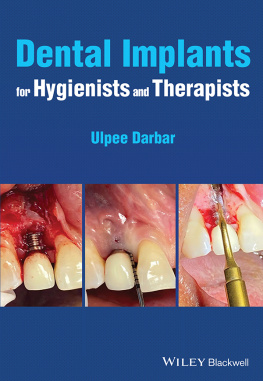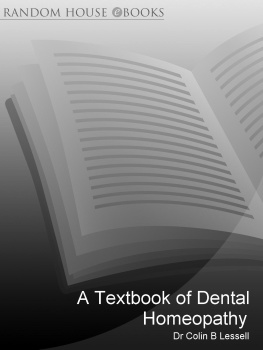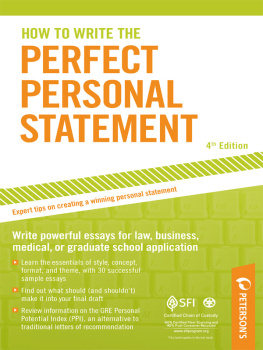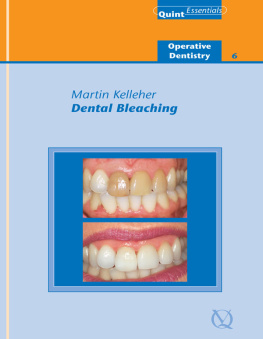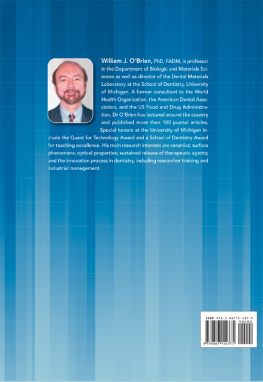Appendix
Useful websites

Useful websites
Universities and Colleges Admissions Service
www.ucas.com
General Dental Council
www.gdc-uk.org
British Dental Association
www.bda.org
Dental Schools Council
www.dentalschoolscouncil.ac.uk
United Kingdom Clinical Aptitude Test
www.ukcat.ac.uk
First edition September 2011
ISBN 9781 4453 7963 0
British Library Cataloguing-in-Publication Data
A catalogue record for this book is available from the British Library
Published by
BPP Learning Media Ltd
BPP House, Aldine Place
London W12 8AA
www.bpp.com/health
Typeset by Replika Press Pvt Ltd, India
Printed in the United Kingdom
Your learning materials, published by BPP Learning Media Ltd, are printed on paper sourced from sustainable, managed forests.
All rights reserved. No part of this publication may be reproduced, stored in a retrieval system or transmitted in any form or by any means, electronic, mechanical, photocopying, recording or otherwise, without the prior written permission of BPP Learning Media.
The views expressed in this book are those of BPP Learning Media and not those of UCAS. BPP Learning Media are in no way associated with or endorsed by UCAS.
The contents of this book are intended as a guide and not professional advice. Although every effort has been made to ensure that the contents of this book are correct at the time of going to press, BPP Learning Media, the Editor and the Author make no warranty that the information in this book is accurate or complete and accept no liability for any loss or damage suffered by any person acting or refraining from acting as a result of the material in this book.
Every effort has been made to contact the copyright holders of any material reproduced within this publication. If any have been inadvertently overlooked, BPP Learning Media will be pleased to make the appropriate credits in any subsequent reprints or editions.
BPP Learning Media Ltd 2012
A note about copyright
Dear Customer
What does the little mean and why does it matter?
Your market-leading BPP books, course materials and e-learning materials do not write and update themselves. People write them on their own behalf or as employees of an organisation that invests in this activity. Copyright law protects their livelihoods. It does so by creating rights over the use of the content.
Breach of copyright is a form of theft as well as being a criminal offence in some jurisdictions, it is potentially a serious beach of professional ethics.
With current technology, things might seem a bit hazy but, basically, without the express permission of BPP Learning Media:
Photocopying our materials is a breach of copyright
Scanning , ripcasting or conversion of our digital materials into different file formats, uploading them to facebook or e-mailing them to your friends is a breach of copyright
You can, of course, sell your books, in the form in which you have bought them once you have finished with them. (Is this fair to your fellow students? We update for a reason.) But the e-products are sold on a single user license basis: we do not supply unlock codes to people who have bought them secondhand.
And what about outside the UK? BPP Learning Media strives to make our materials available at prices students can afford by local printing arrangements, pricing policies and partnerships which are clearly listed on our website. A tiny minority ignore this and indulge in criminal activity by illegally photocopying our material or supporting organisations that do. If they act illegally and unethically in one area, can you really trust them?
Acknowledgements
I would like to thank all of the prospective university students I have supported in the past six years; they have enabled the writing of this book to become a reality.
Preface
At the time of writing, I have been supporting prospective university students with their university application for the past seven years and, in that time, I have amassed a wealth of experience and insight into the ingredients which go into composing an outstanding university Personal Statement. When I first began supporting individuals with their university application I found that the vast majority felt they received very little in the way of guidance a situation which can only result in a below par Personal Statement and a significantly reduced chance of a successful application for those concerned. It was with this conviction to level the playing field within the university application process that I made the decision to write this book.
According to UCAS, of the approximately 700,00 applicants to universities in the UK in 2010, around 490,000 were successful. To put it bluntly, around 70% of applicants were successful. To use an analogy, if you were in the Wild West and challenged to a game of Russian Roulette involving a pistol with one of its four bullet chambers loaded, would you consider a 70% chance of surviving good enough odds? Would you fancy your chances? It is precisely this situation which I am dedicated to addressing: removing the uncertainty from your university application.
Drawing upon my extensive experience of all aspects of applying to university, I embarked upon writing this guide in order to share my wisdom in planning, writing and improving a Personal Statement. This guide represents a comprehensive one-stop-shop for all those intending to apply to a UK university via the Universities and College Admissions Service (UCAS), and who therefore must write a Personal Statement. In this guide I cover the entire university application process: from the initial decision to study at university to the final careful edit of your completed Personal Statement, along with everything in between.
The advice, suggestions, recommendations and tips included in this guide apply to many degree subjects, all types of student, including school leavers, mature and overseas students, as well as parents and teachers.
Please note that the examples contained within this book are for guidance purposes only and must not be used as part of your application. BPP Learning Media does not agree with plagiarised applications and fully supports the crackdown on plagiarism mounted by UCAS, through the use of electronic systems to counter applicants merely cutting and pasting examples into their own application.
I hope that you find this guide both informative and helpful and would like to wish you the best of luck with your university application.
Chapter 1
Applying to a Dental School in the United Kingdom: The process

Applying to a Dental School in the United Kingdom: The process
In 2005 there were over 22,000 applications to study Medicine and Dentistry in the United Kingdom. Across the country, there are on average around five applications for each Dental School place on offer.
There are three steps in this application process:
Sitting the appropriate entrance examination where applicable (some universities require Dentistry applicants to sit the UKCAT; examinations take place between June and October in the year before successful candidates begin their studies).
Submitting a university application which includes the Personal Statement (mid-October deadline).
Next page

